
How the Shaykh, in obedience to the intimation from the Unseen, went with his basket four times in one day to the house of a certain Amír for the purpose of begging; and how the Amír rebuked him for his impudence, and how he excused himself to the Amír. رفتن این شیخ در خانهی امیری بهر کدیه روزی چهار بار به زنبیل به اشارت غیب و عتاب کردن امیر او را بدان وقاحت و عذر گفتن او امیر را
شیخ روزی چار کرت چون فقیر بهر کدیه رفت در قصر امیر
One day the Shaykh went four times to the palace of an Amír, in order to beg like a dervish,
در کفش زنبیل و شی لله زنان خالق جان میبجوید تای نان
(With) a basket in his hand, crying, “Something for God’s sake! The Creator of the soul is seeking a piece of bread.”
نعلهای بازگونهست ای پسر عقل کلی را کند هم خیرهسر
’Tis preposterous, O son: it makes even Universal Reason giddy-headed (astounded).
چون امیرش دید گفتش ای وقیح گویمت چیزی منه نامم شحیح
When the Amír saw him, he said to him, “O impudent man, I will tell you something, (but) do not fasten on me the name of niggard.
این چه سغری و چه رویست و چه کار که به روزی اندر آیی چار بار
What callousness and effrontery and (insolent) behaviour is this, that you come in (here) four times in one day?
کیست اینجا شیخ اندر بند تو من ندیدم نر گدا مانند تو
Who here is attached to you, Shaykh? Never have I seen a sturdy beggar like you.
حرمت و آب گدایان بردهای این چه عباسی زشت آوردهای
You have brought (all) beggars into contempt and disgrace: what abominable importunity, worthy of ‘Abbás (himself), is this that you have shown!
غاشیه بر دوش تو عباس دبس هیچ ملحد را مباد این نفس نحس
Abbás (the seller) of date-syrup is (merely) your groom: may no freethinker (mulhid) have such an ill-starred soul!”
گفت امیرا بنده فرمانم خموش ز آتشم آگه نهای چندین مجوش
He replied, “O Amír, I am devoted to the (Divine) command. Be silent! Thou art not acquainted with my (inward) fire: do not boil (rage) so much!
بهر نان در خویش حرصی دیدمی اشکم نانخواه را بدریدمی
Had I found in myself any greed for bread, I would have ripped my bread craving belly.
هفت سال از سوز عشق جسمپز در بیابان خوردهام من برگ رز
During seven years, (inspired) by the ardour of Love that cooks the body, I have eaten (nothing but) vine-leaves in the wilderness,
تا ز برگ خشک و تازه خوردنم سبز گشته بود این رنگ تنم
So that, from my eating withered and fresh leaves, this bodily colour of mine had turned green.”
تا تو باشی در حجاب بوالبشر سرسری در عاشقان کمتر نگر
So long as thou art in the veil of the Father of mankind (Adam), do not look slightingly on the lovers (of God).
زیرکان که مویها بشکافتند علم هیات را به جان دریافتند
The acute men who have split hairs (in profound investigation) and with (all) their soul have (studied and) apprehended the science of astronomy,
علم نارنجات و سحر و فلسفه گرچه نشناسند حق المعرفه
And the sciences of sorcery and magic and (natural) philosophy, and, though they do not know (these sciences) with real knowledge,
لیک کوشیدند تا امکان خود بر گذشتند از همه اقران خود
Yet have endeavoured (to know them) as far as they possibly can, and have surpassed all their rivals.
عشق غیرت کرد و زیشان در کشید شد چنین خورشید زیشان ناپدید
Love was jealous and withdrew from them: such a (manifest) Sun became invisible to them.
نور چشمی کو به روز استاره دید آفتابی چون ازو رو در کشید
(I marvel), how did such a Sun withdraw its face from the light of an eye that observed a star in the daytime?
زین گذر کن پند من بپذیر هین عاشقان را تو به چشم عشق بین
Abandon this (revilement); hark, accept my counsel: regard the lovers (of God) with the eye of love.
وقت نازک باشد و جان در رصد با تو نتوان گفت آن دم عذر خود
(Their) time is precious and their souls are on the watch (for the Beloved): at that moment they cannot excuse themselves to thee.
فهم کن موقوف آن گفتن مباش سینههای عاشقان را کم خراش
Apprehend (their real state), do not be dependent on their words, do not wound the breasts (hearts) of the lovers.
نه گمانی بردهای تو زین نشاط حزم را مگذار میکن احتیاط
Hast not thou formed a bad opinion of this enthusiasm (of theirs)? (Thou hast done so from prudence): do not abandon prudence, always act with caution;
واجبست و جایزست و مستحیل این وسط را گیر در حزم ای دخیل
(But) it (prudence) is either necessary or allowable or absurd: take this middle course in prudence, O interferer.
Special Offers
by: Reza about (category: Masnavi, Persian Poetry)


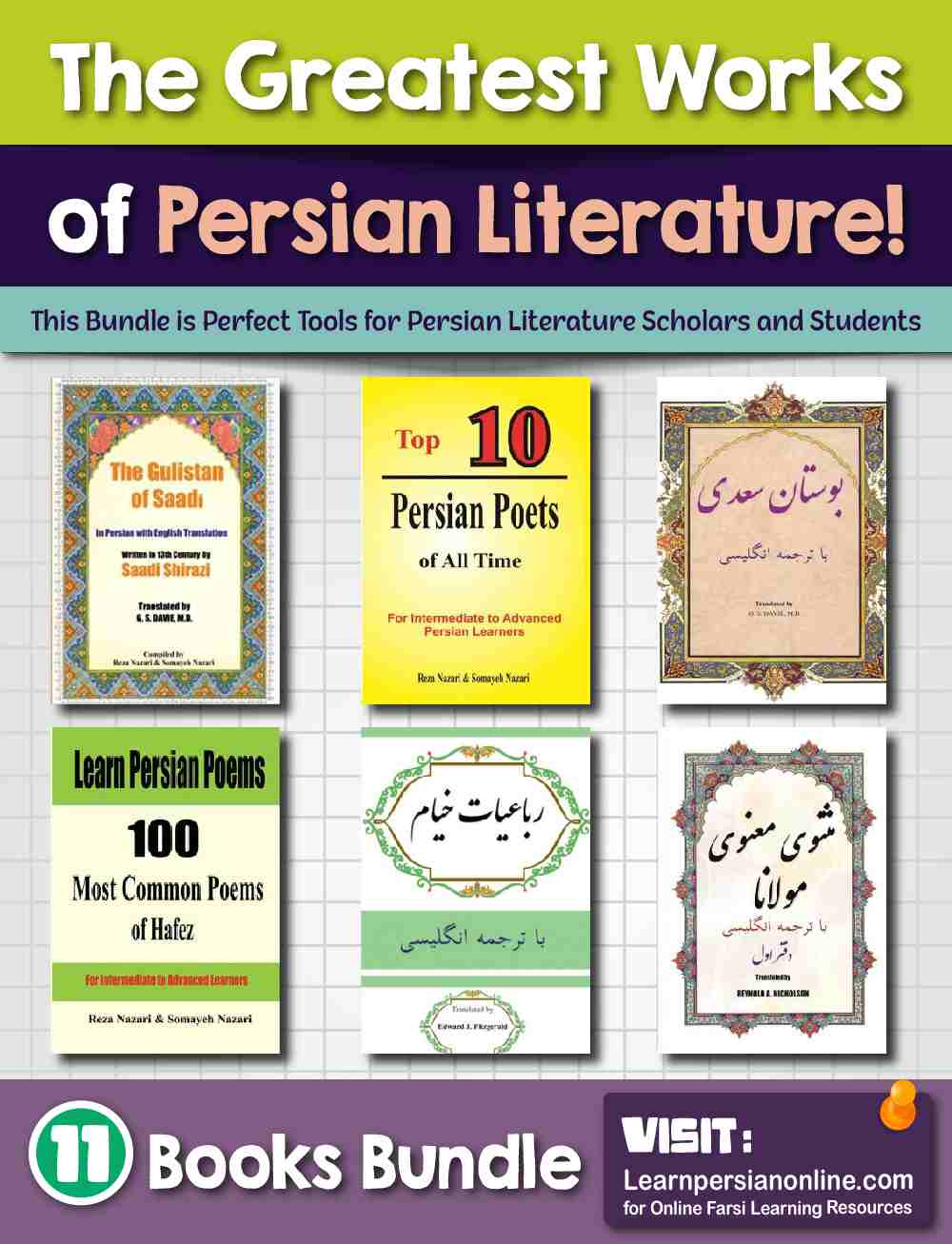
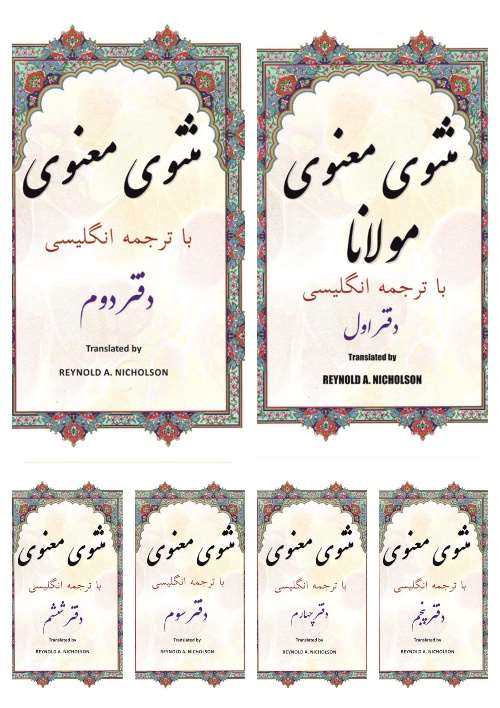
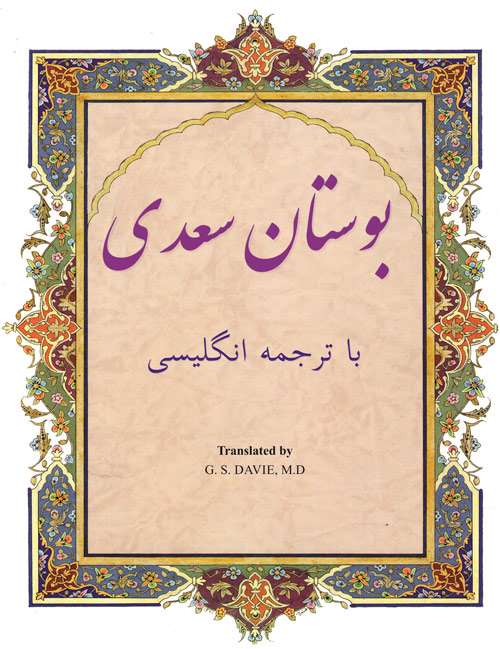
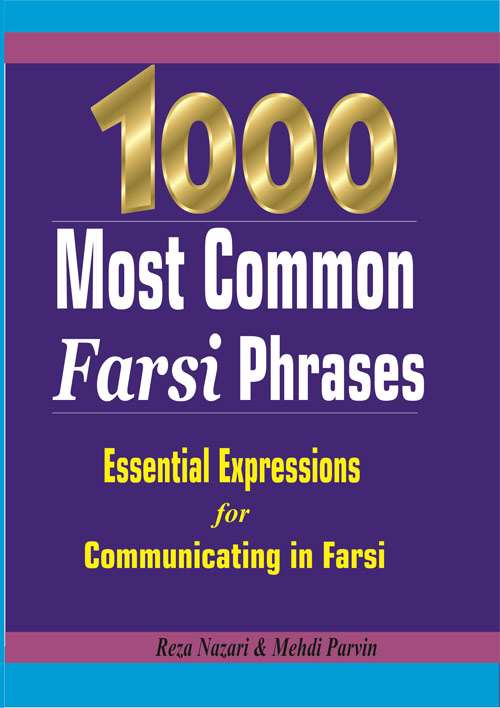
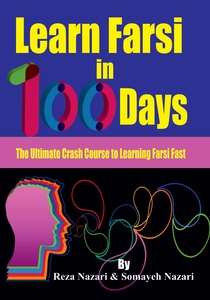






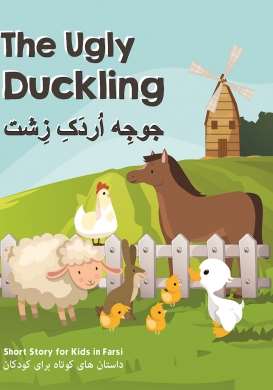
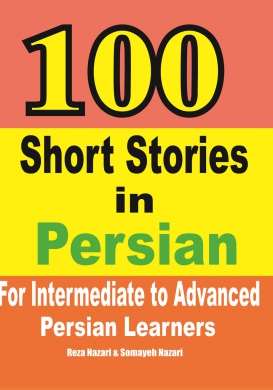

What people say about "How the Shaykh"?
No one replied yet.